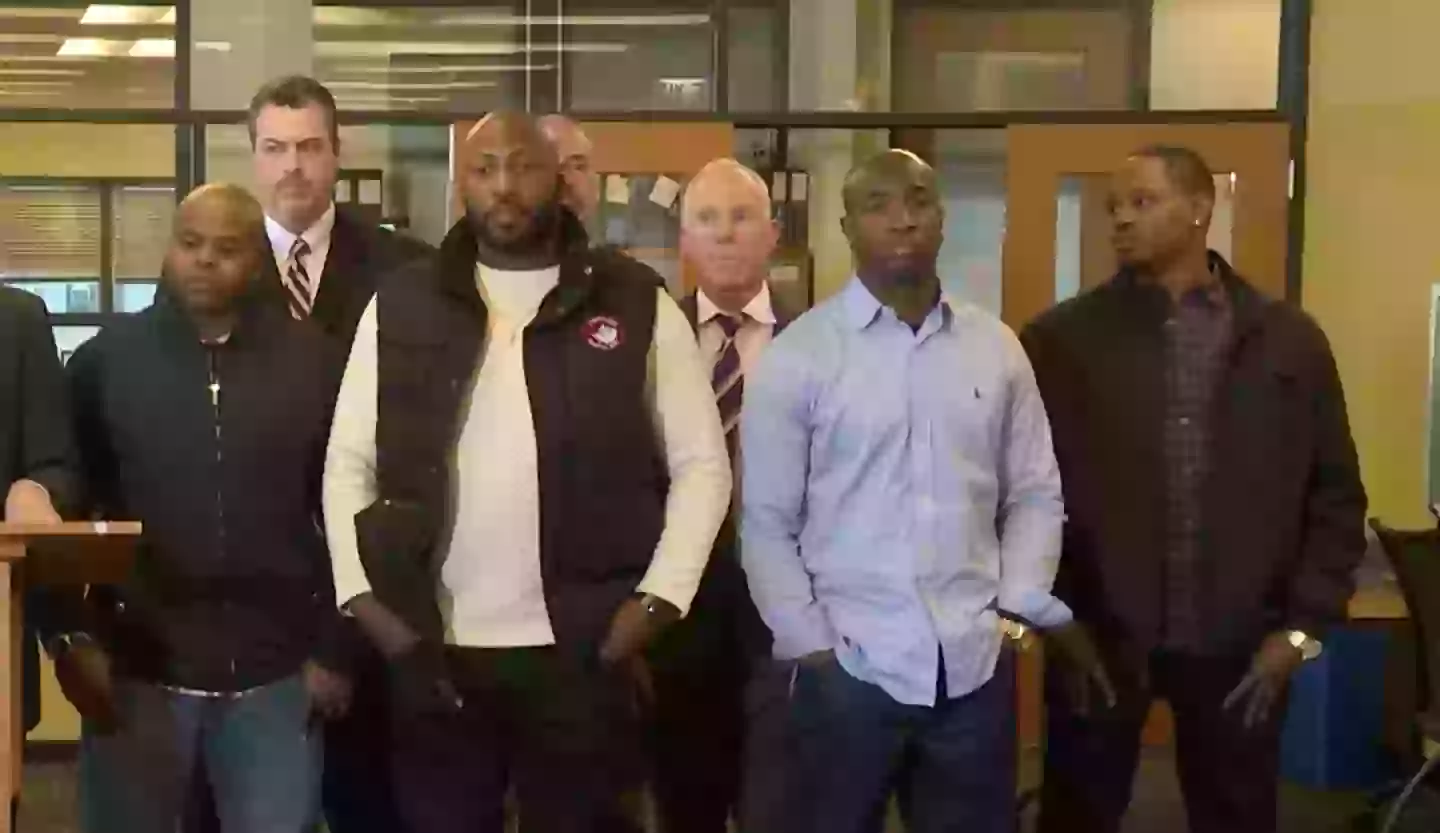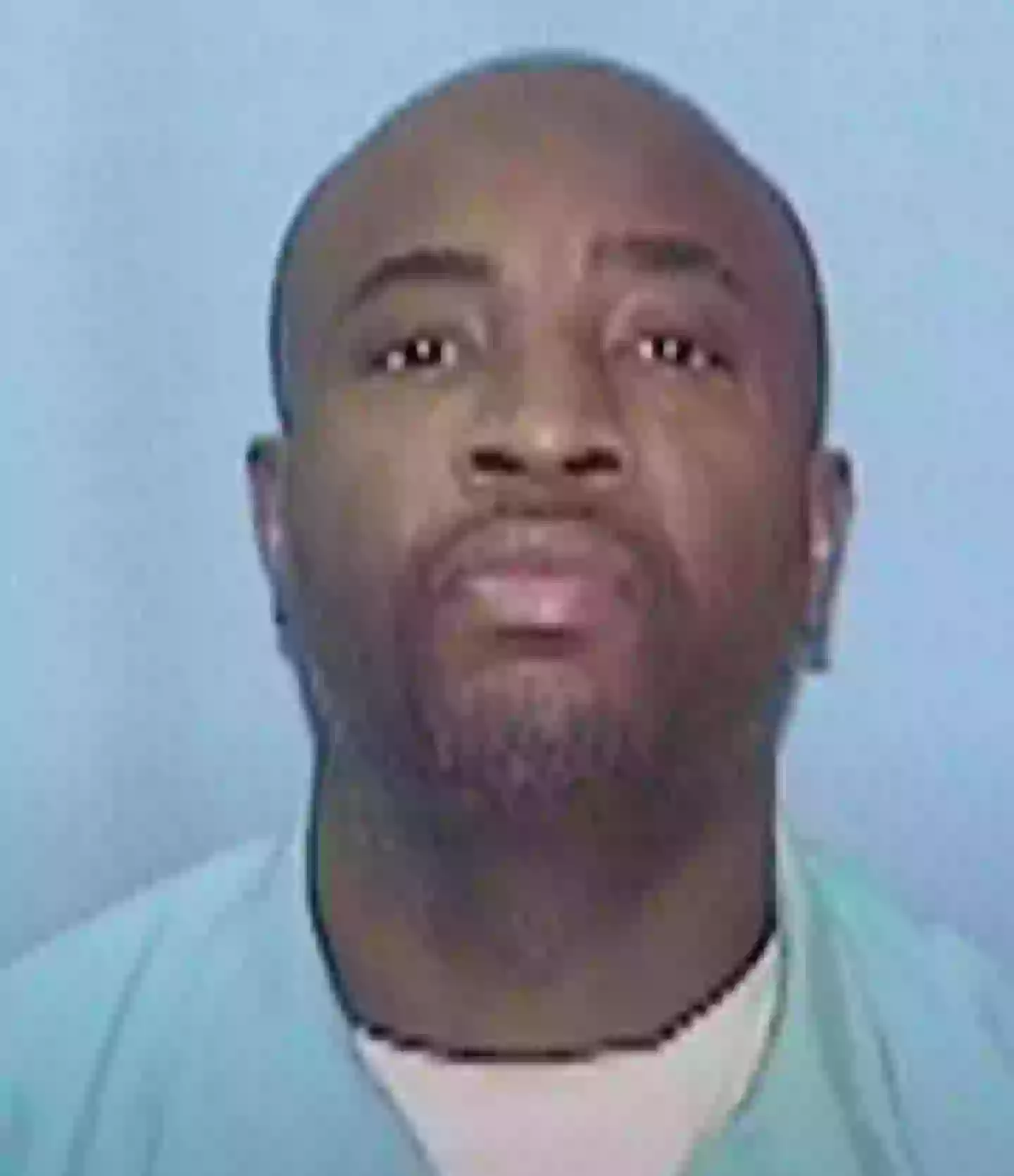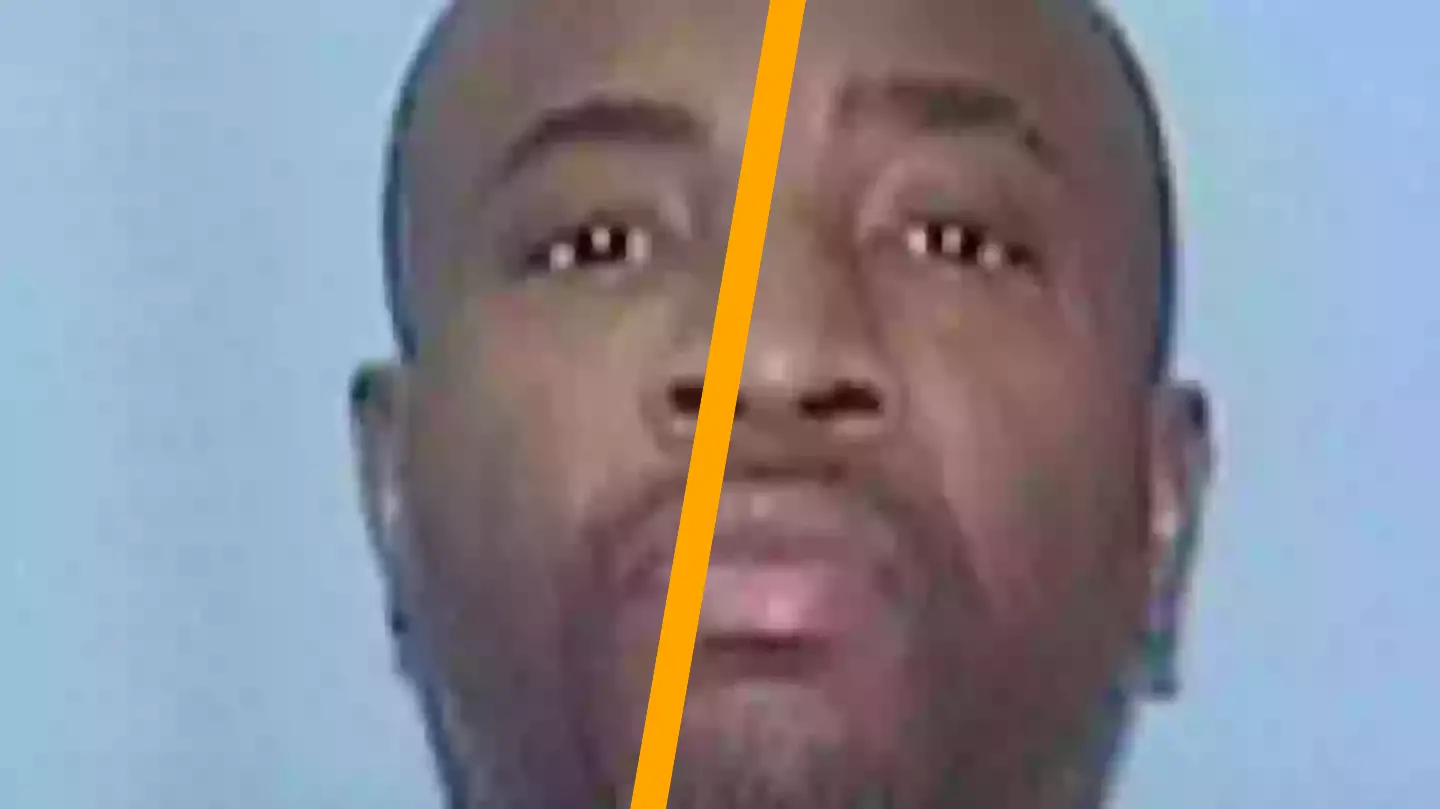In 1995, Troshawn McCoy, then 17 years old, was apprehended for a double murder he did not commit. He recently opened up about why he confessed to the crime.
Troshawn was attending high school in Chicago as a senior when he was unexpectedly called to the principal’s office where detectives awaited him. They informed him about a shooting that had occurred the previous night and inquired if he knew anything about it.
“I’m like, No, I don’t know anything,” Troshawn told UNILAD. “[I don’t] know about anybody getting shot, or heard of anything like that.”
During the previous night, Troshawn had been with his girlfriend, surrounded by witnesses who could confirm his whereabouts. Despite this, the police were not swayed. They insisted on his guilt, leading to his eventual confession.
Together with three other teens, later referred to as the ‘Marquette Park 4’, Troshawn was convicted of double murder and robbery, receiving a sentence of 55 years. This conviction separated him from his family and life, confining him to prison for over two decades.
It wasn’t until 2017, when Troshawn was in his late 30s, that he was exonerated due to new fingerprint evidence proving his and the other teens’ innocence.
Upon his release, Troshawn discussed with UNILAD the reasons behind confessing to such serious crimes despite having an alibi.
Recalling his initial encounter with the detectives, he stated: “Detectives arrived to the school, and the first thing they told me was, ‘Don’t try to run, we know you did it. Somebody told us you did it. You killed those people on Western last night.'”
“I’m like, I don’t know what you’re talking about.”
Despite his ignorance of the event, Troshawn was taken to the police station for further questioning.

“They started again, ‘we know you know something about this. We know you did it.’ I’m like, ‘I don’t know what you guys are talking about’.”
Troshawn described the ‘good cop, bad cop’ routine used by officers to extract what they believed to be the truth, saying: “[They were] telling me, ‘just tell us what happened and you can go home’.”
After enduring this for seven to eight hours, Troshawn’s desire to return home overtook him.
“I just gave in,” he explained, “and I cooperated with him because I thought, you know, if I finally just made something up and told him that I did it, I would go home. And that’s when they took my court reported confession and charged me and my co defendants with double first degree murder and armed robbery.”
Now, with years to consider his actions, Troshawn said: “At that time, I was just so traumatized and so mentally beaten, I really couldn’t process what I had done or the words that were on that paper. I just wanted it to be over. I just wanted to go home. I was a 17-year-old kid.
“It just didn’t carry the weight that it would with me being a 46-year-old man now. It wasn’t the same. I just was in a situation, a sticky situation, that I wanted to get out of, and the words on that paper really didn’t have any meaning to me at that time. I thought I was going home.”
Unfortunately, Troshawn did not return home immediately.

He was held in county jail for three years awaiting trial. He recalled an encounter with his public defender, who allowed him to read the confession he had given as an exhausted teenager.
“He showed it to me, and I just read over the confession, and I knew – the confession was just so damning that I knew I wouldn’t be going home. I was going to the penitentiary.
“I didn’t know for how long, but there was no way that I was gonna beat the case because the confession was just too powerful, and we didn’t have anything to offset it, no other evidence in my favor.”
“So I knew at that point that I was going to the penitentiary… After me reading that confession again, knowing I was about to go to trial and lose, I didn’t cry then, but I cried later on that night, because I knew I wasn’t coming home.”
Fortunately, the emergence of new evidence eventually allowed Troshawn to return home, albeit decades later than he should have. He now seeks to raise awareness about wrongful convictions and the shortcomings of the criminal justice system, emphasizing: “A lot of people on the outside don’t realize there are so many innocent people in prison accused of some of the most horrific crimes. It’s crazy.”

